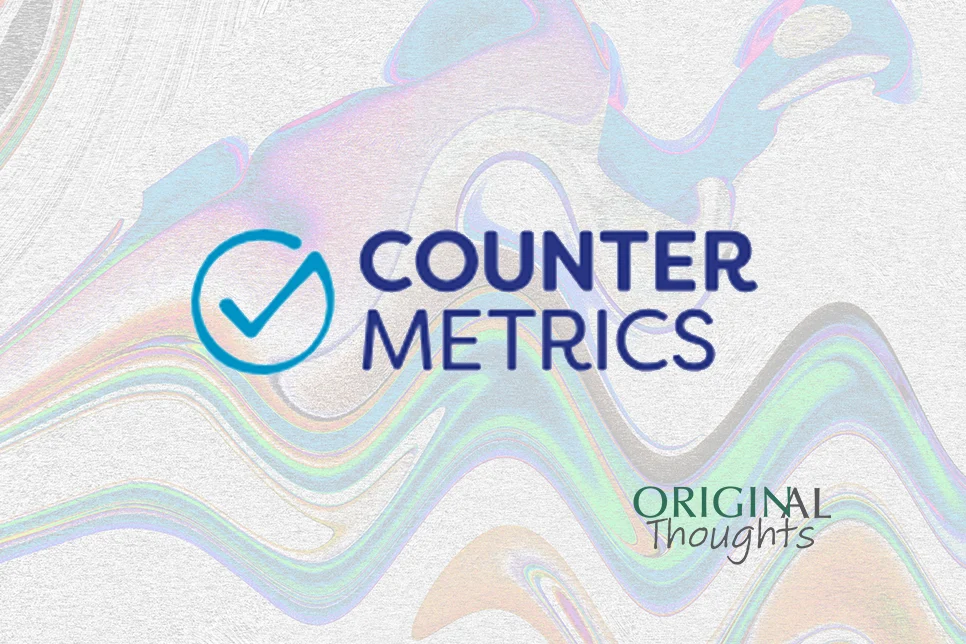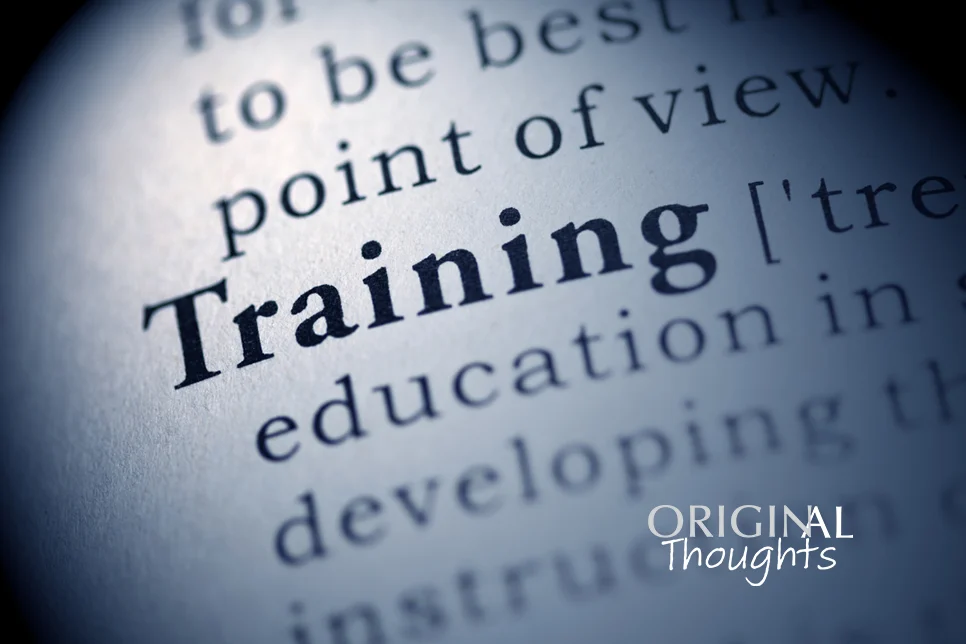Tasha Mellins-Cohen and Siân Harris of COUNTER Metrics, explain how COUNTER works, what it counts, and why your editorial and publishing teams should consider it essential business intelligence.
In this blog, author and Clear Skies CEO Adam Day reflects on his early experience with misconduct cases, what he’s learned since, and how editors can respond to the growing threat of papermills. From preparing your data and screening processes to taking decisive action, it’s clear: “Know Your Author” is more than a mantra—it’s a line of defense.
Angela Cochran explores the wide-ranging impact of public access policies on publishers, researchers, and the integrity of the scholarly record, highlighting key changes from NIH, DOE, NASA, and NSF.
Feeling the pressure at work? You’re not alone. Many of us struggle to balance workplace expectations with our own well-being. In today's post from ORIGINal Thoughts, author Randy Townsend MPS suggests that rather than let frustration take over, it’s time to Ctrl+Alt+Delete your stress.
Authors Tim Vines, Lindsey Morton, and Adrian Stanley explore how AI-driven tools can bridge the gap between policy and practice in research data sharing, making transparency more achievable.
The rapid advancement of AI tools like ChatGPT, DeepSeek, and Adobe Firefly is transforming scholarly publishing, necessitating agility and adaptation to stay relevant. In today's post from ORIGINal Thoughts, author Chhavi Chauhan, PhD, aims to guide editorial professionals in ethically leveraging AI to enhance efficiency, stakeholder engagement, and workflow optimization while fostering a collaborative and forward-thinking mindset.
The author of today’s ORIGINal Thoughts post, Bailey Creamer, has an all-too-relatable answer to the question we posed to her when we asked her to write for the blog (“Why did you go into scholarly publishing?”). She says: “I still don’t have a good answer. It wasn’t my singular passion. I fell into it completely by accident.” For so many of us, we too “fell into” our careers in this industry. Bailey shares how she got here and what transferrable skills she gathered from her diverse work experiences that enabled her success.
Editorial assistants are the glue that holds any editorial office together. They are the members of the team who keep things moving, pay close attention to all of the moving parts from checklists, perform initial quality control, chase editors and reviewers, and send manuscripts to production, among other tasks.
Are you looking for effective ways to engage your journal community, drive online usage, and boost citations? Podcasts might be just the solution. In today’s ORIGINal Thoughts post, Glenn Collins explores how podcasts offer a cost-effective and accessible way to share journal research with a broad audience. This engaging format allows busy researchers to stay up-to-date with the latest findings, even on the go.










